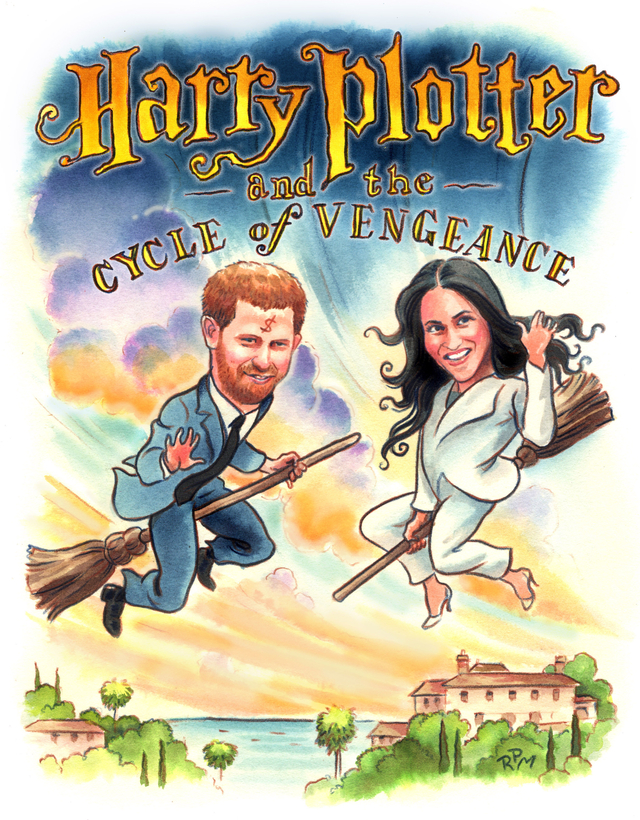From the cover of Spare — perhaps the most hysterically anticipated memoir ever published — a confident and modern Prince Harry confronts his impatient readers. The furze of ginger beard is stylishly trimmed, a necklace (but presumably not that necklace) is subtly visible, he is bathed in a soft, therapeutic golden light. He looks like he should be running a tech start-up or an expensive yoga retreat. This, you sense, is Harry as he believes himself to be: grown-up, truth-telling, faintly messianic.
Open the book and you discover quite a different Harry from the cool, square-jawed metrosexual Californian on the cover. This is a weirder, more complex Harry. So who is he? Well, a big part of him is still clearly the standard-issue braying Sloane, familiar from countless scandalized tabloid headlines. The Harry who drinks, smokes weed, wears inappropriate fancy dress, watches cartoons, virtually never reads a book and dreams of becoming a ski instructor after he leaves school.

